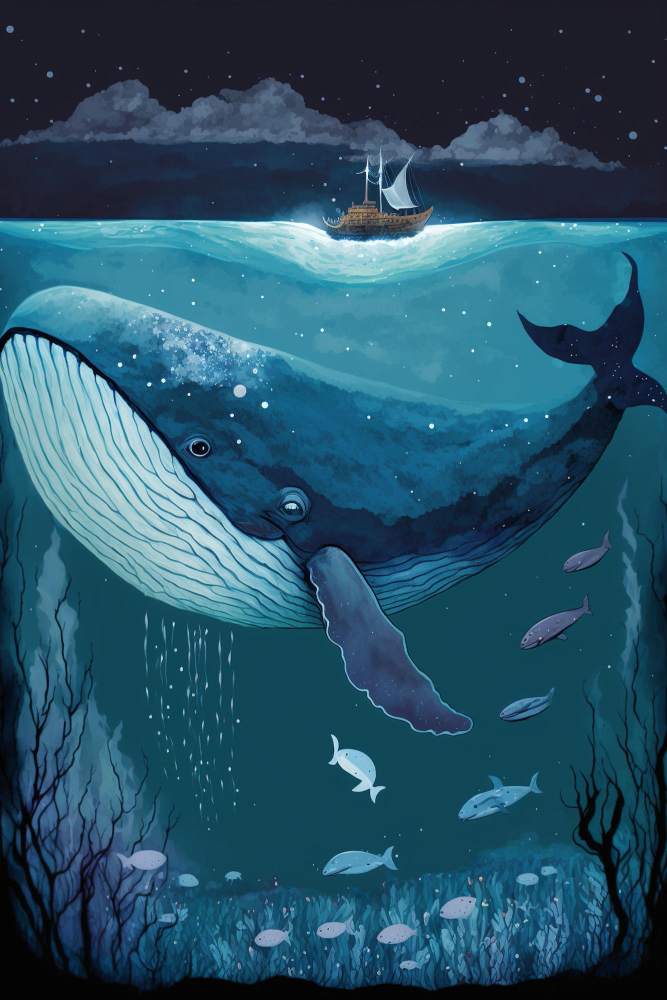Harold Kaplan said ‘humanist aspirations’ are the dominant American intellectual tradition. 1 But an abstract notion of democratic humanism is only part of the story. Kaplan explains democratic humanism in the context of writers of the American classics: Emerson, Thoreau, Cooper, Poe, D. H. Lawrence, Hawthorne, Melville, Whitman, Twain, and Henry James. They composed the American classics and the poetry of democracy, and in their works we see hints of the strange continent that confronted them. Kaplan deciphers their experience through the historical context, their own letters and the works of European sympathizers. Their response to this unique time and place was to create a body of literature recognized today as the American Classics.
Humanism and America’s Citizen Poets
“How does one define humanism then? In the American context the necessary assumptions were that man was both the first cause and the final end of his experiences and that he has in some unmentioned respect a dominance over his history, his present state, and his future.” (p. 3)
Emerson, Thoreau and Whitman were citizen poets. But this is also true of Melville and Hawthorne, who had opposing temperaments. They were all critics of their civilization, but beneath the criticism was a deep allegiance. ‘If we have a moral tradition that supports democracy, it is largely their creation’. (p. ix)
The Metaphor of the Frontier

The ancestors of these authors had arrived on the American continent with their heads full of the old world. By the 18th century, they were finally ready to formulate a debate with that world and distinguish themselves from it. This might account for the way American culture developed on a parallel track with native culture. They wrote about the native inhabitants, but they were obsessed with the burden of creating a new, non-European culture.
Kaplan says that in some respects, modernity came to America at the beginning of its history. ‘The frontier supplied the best historical metaphor for both crisis and inspiration in a world without sovereign moral authorities’. These American authors ‘faced the deep insecurity of a quarrel between man and his civilization’. They took the cultural initiative of defining the terms of their own freedom, and for that reason, they seem like an avant garde for the modern consciousness.
The Poetry of Democracy in Debate With the Old World
Democracy was part of the debate with the old world. And freedom. And morality. And it wasn’t confined to American writers. That’s also true today. Hannah Arendt, for example, interpreted Hermann Melville’s Billy Budd as a rebuke against the French Revolution. That may be what Melville intended. However it seems to me that when conservatives disapprove of the French Revolution, they are trying to erase it from history, and that is more troubling than the Revolution itself. And Arendt was a conservative.
An important contributor to our conversation is Chris Hedges, who often quotes Hannah Arendt. Hedges often quotes Melville’s Moby Dick as well. This is fitting because Hedges is a Calvinist, as was Melville’s mentor, Nathaniel Hawthorne. In our conversation, we are fortunate to have Hedges’s view of the American Classics in addition to that of Harold Kaplan and others. We need all of these voices and literary sources together to orient ourselves and our democracy in this time and place.
Billy Budd
The following is Harold Kaplan’s commentary on Billy Budd. This is a spoiler alert. If you haven’t read Billy Budd, you might want to read it before continuing.
“In fact the ability to appreciate him (the ‘Handsome Sailor’) is what marks the line between good and evil, faith and despair… It is clear, from such expressions, as well as the longer development in Billy Budd, that the ‘Handsome Sailor’ was a man who reflected for other men their best sense of themselves...
“The effect is to say that the ‘Handsome Sailor’ is universal in his humanity, and superior at the same time. He is, significantly, a democratic hero in another sense. In his various embodiments he is associated with revolutionary action, with mutiny, and the over-throw of authorities… The tension between resistance and conformity dominates the long development of the theme, a point which fulfills expectations for a democratic hero. In the last complete incarnation, Billy Budd cheers for the ‘Rights of Man,’ but also dies affirming Captain Vere.” (p. 189)
It may seem surprising that Hermann Melville is a model for our contemporary neoconservatives. They appreciate what they see as Melville’s superior resistance to authoritarianism. I hope we can look at these authors through our own eyes and decide for ourselves what they were trying to tell us about our world. Maybe we can also expand on their vision.
Chris Hedges: The Miracle of Kindness
- Democratic Humanism and American Literature, University of Chicago Press, Chicago and London, 1972 ↩︎